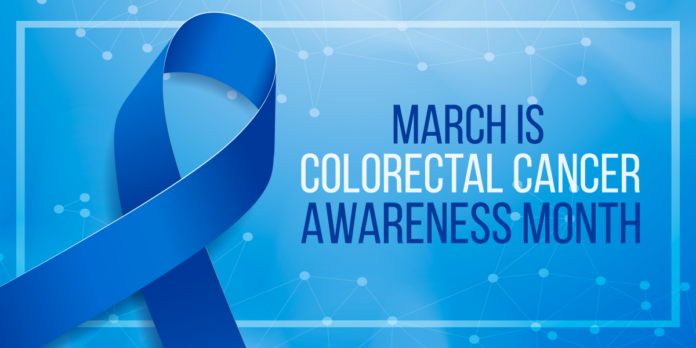
Every year, the month of March is dedicated to raising awareness about colon cancer. This initiative aims to educate the public about the importance of early detection, prevention, and treatment of this potentially life-threatening disease. In this article, we will delve into key information about colon cancer, including its causes, symptoms, screening methods, and treatment options. Additionally, we will address some frequently asked questions regarding colon cancer.
Colon cancer, also known as colorectal cancer, is the third most common cancer diagnosed in both men and women in the United States. It occurs when abnormal cells grow in the colon or rectum, which make up the last part of your digestive system. While colon cancer can affect people of all ages, it is more common in those over 50 years old.
Causes and Risk Factors:
The exact cause of colon cancer is not known, but certain risk factors contribute to its development. Some of these factors include a family history of colon cancer, a personal history of inflammatory bowel disease, a sedentary lifestyle, obesity, smoking, excessive alcohol consumption, and a high-fat and low-fiber diet. However, it is important to note that anyone can develop colon cancer, even without these risk factors.
Symptoms:
Colon cancer often presents with vague symptoms that can be easily overlooked. Some common symptoms include persistent changes in bowel habits, such as diarrhea or constipation, rectal bleeding or blood in the stool, abdominal pain or cramping, unexplained weight loss, or fatigue. However, it is essential to understand that these symptoms can be caused by various other conditions, and the presence of these symptoms does not necessarily indicate colon cancer. It is important to consult a healthcare professional for an accurate diagnosis.
Screening:
Early detection is crucial for successfully treating colon cancer. Regular screening tests can help identify colon cancer in its early stages, even before symptoms arise. The most common screening method is a colonoscopy, which allows for the examination of the entire colon and removal of any precancerous polyps. Other screening options include virtual colonoscopy, fecal occult blood tests, stool DNA test, and flexible sigmoidoscopy. The appropriate screening method varies based on the individual’s risk factors and preferences. It is recommended to discuss with a healthcare provider to determine the most suitable screening option.
Treatment:
The treatment plan for colon cancer depends on the stage and extent of the disease. Surgery is often the primary treatment, involving the removal of the cancerous tumor and nearby lymph nodes. Additional treatments may include chemotherapy, radiation therapy, targeted drug therapy, or immunotherapy, depending on the specific characteristics of the cancer. The healthcare team determines the best course of action after considering factors such as the patient’s overall health and the tumor’s genetic makeup.
FAQs
Q: At what age should I start getting screened for colon cancer?
A: The general guideline recommends starting regular screening at age 45 for individuals at average risk. However, if you have increased risks due to family history or other factors, your doctor may recommend earlier screening.
Q: How often should I undergo colon cancer screening?
A: The frequency of screening depends on the type of test and your risk factors. Most individuals with average risk should undergo screening every ten years if a colonoscopy is performed.
Q: Are there any lifestyle changes I can make to reduce my risk of colon cancer?
A: Yes, adopting a healthy lifestyle can help reduce the risk. Regular exercise, maintaining a healthy weight, quitting smoking, limiting alcohol consumption, and following a diet rich in fruits, vegetables, and fiber can all contribute to lowering the risk of colon cancer.
Q: Can colon cancer be prevented?
A: While prevention is not guaranteed, regular screening tests can help detect precancerous polyps, which can be removed before they turn into cancer. Additionally, leading a healthy lifestyle can minimize the risk factors associated with colon cancer.
March is Colon Cancer Awareness Month, providing an opportunity for individuals to learn more about this disease and take necessary preventive measures. By increasing public awareness and promoting early detection through screening, we can make significant progress in reducing the impact of colon cancer on individuals and communities. Remember, knowledge is power when it comes to colon cancer, and spreading awareness can save lives.

















